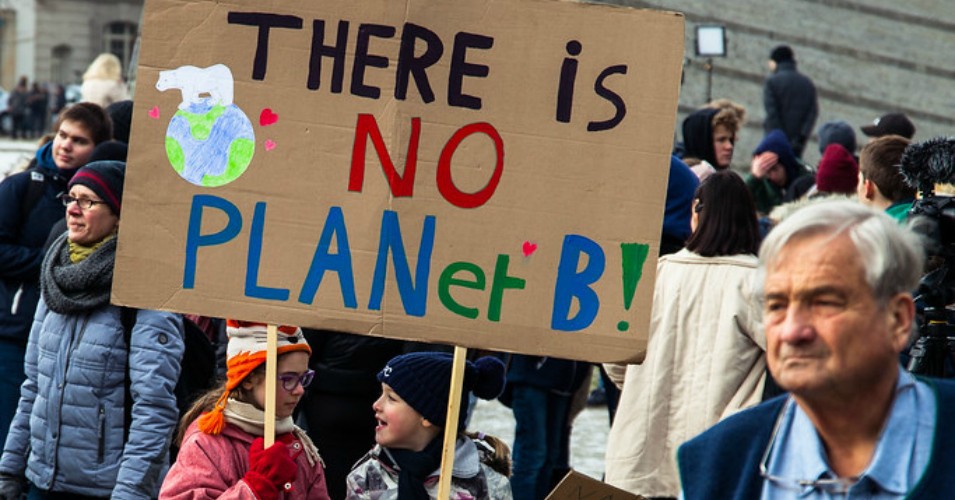
An example of coral bleaching. (Photo: SarahDepper/flickr/cc)
Climate change is the primary cause of coral reef degradation around the world, according to a groundbreaking new study that casts doubt on the previous scientific understanding of reef erosion.
The research, published Wednesday in the journal Nature Scientific Reports, finds that even isolated coral reefs, far away from localized human degradation like fishing and pollution—long assumed to be the primary causes of reef destruction—are no better off than those near coastal areas with human populations.
That means addressing localized problems won’t be effective in salvaging these critical marine ecosystems unless greenhouse gas emissions are curbed first, the study concludes.
“We were surprised to discover that even those reefs most isolated from local impacts like pollution and fishing were no better off in terms of coral and seaweed cover,” said lead author John Bruno, a professor of marine ecology at the University of North Carolina at Chapel Hill. “This finding totally overturns a major paradigm in reef ecology and conservation: the assumption that isolated reefs are near-pristine and more resilient to global warming.”
The study, which analyzed more than 1,700 coral reef surveys across the world, was released amid a mass bleaching event that has devastated some of the world’s most pristine coral reefs. A study in April found that sections of the Great Barrier Reef (GBR) have been all but destroyed, with 50 percent of the GBR’s northern section already dead and much of it “severely” bleached.
Bleaching occurs when overly warm ocean waters cause coral to expel internal algae, which turns the coral white and erodes its structures. The loss of structure makes shorelines more vulnerable and destroys natural habitats for marine life.
Abel Valdivia, a marine ecologist with the Center for Biological Diversity (CBD) and an author of the paper, said Wednesday, “Widespread arguments that coral reef degradation is mostly caused by local factors are unsupported. We found the problem is better explained by global impacts such as climate change.”
“To save coral reefs, we need to reduce our overreliance on fossil fuels and lead global efforts to swiftly and drastically cut carbon emissions in the coming decades. Local management alone won’t cut it,” Valdivia said.
This article was first published in CommonDreams.org














































